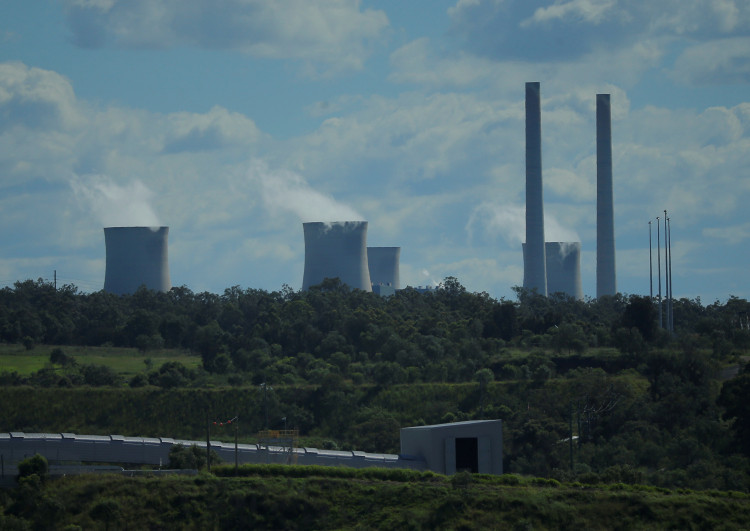Planetary warming caused by climate change is responsible for more than a third of all heat-related deaths in many parts of the world, a study says.
The research published this week in the journal Nature Climate Change was conducted by 70 researchers in 43 countries using data from important projects in epidemiology and climate modeling.
Some previous research conducted comparable analyses for individual cities during specific heat waves - but the new paper expands these principles over hundreds of sites and decades to derive broader conclusions.
According to the report, climate change increased heat-related mortality by an average of 37% in warm seasons - ranging from a 20% increase to a 76% rise.
Climate change has a variety of consequences, ranging from wildfires to extreme weather. Heatwaves become more intense and frequent as temperatures rise - disproportionately affecting the elderly and those with underlying chronic diseases such as asthma and making them more vulnerable to disease and death.
But experts warn that is only a fragment of the entire toll of climate change - even more people die from other extreme weather events exacerbated by world warming, such as storms, flooding and drought. The number of heat-related deaths will rise exponentially as temperatures rise.
"These are deaths related to heat that actually can be prevented. It is something we directly cause," said Ana Vicedo-Cabrera, an epidemiologist at the Institute of Social and Preventive Medicine at the University of Bern in Switzerland.
The highest percentages of heat deaths caused by climate change were in cities in South America.
High temperatures are linked to various health issues, too, such as hospitalizations owing to cardiovascular or respiratory disorders. These issues are becoming more common and contribute to rising health care costs.
"Mortality...is just the tip of the iceberg," Vicedo-Cabrera said.
There have been many reports recently into heat stress and economic inequality in the U.S. and around the world. The Biden administration promised in April to decrease U.S. emissions by half by 2030 compared with 2005 levels.
Most of these reductions will have to come from energy generation and transport - which would include phasing out coal-fired power plants and transitioning to electric vehicles and trucks.






